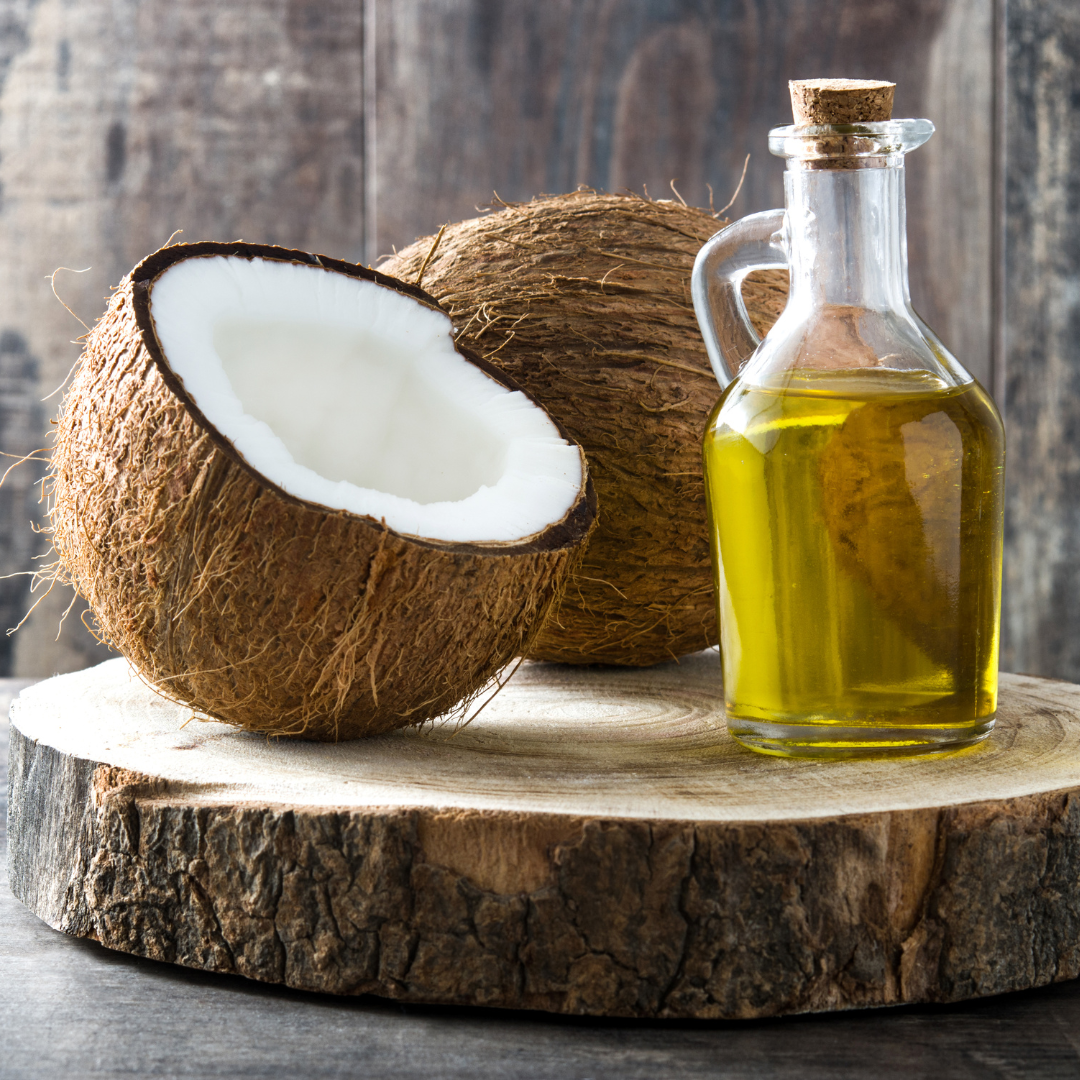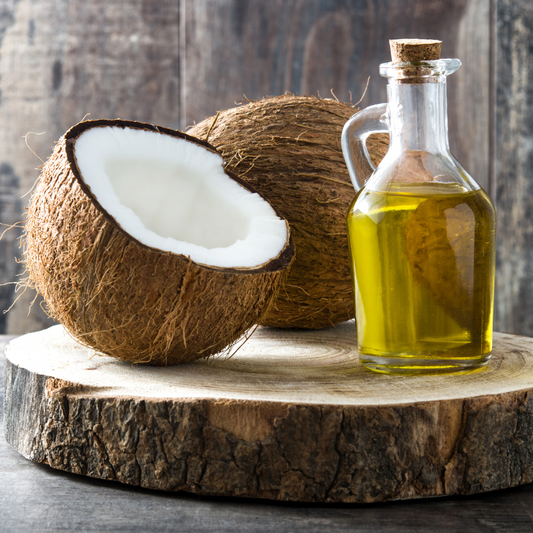As interest in the ketogenic diet has surged, there has been extensive dialogue surrounding the advantages of using MCT oil as a dietary enhancement. However, questions persist regarding the precise disparities between MCT oil and coconut oil, leading to uncertainty about whether MCT oil is simply a variation of coconut oil or something distinct. If you're contemplating whether standard coconut oil from your local supermarket can transform your morning coffee into a healthful concoction, we're here to provide clarity.
The differences between MCT Oil & Coconut Oil
What does MCT stand for?
To grasp the contrast between these oils, it's vital to comprehend the meaning of MCT, which stands for medium-chain triglyceride. MCT's constitute medium-length chains of saturated fatty acids. There exist several types of MCT's, with the most common ones being C6, C8, C10, and C12, denoting the number of carbon atoms in the chain (ranging from 6 to 12). Among these, C8 and C10 are highly sought after for their energy-boosting properties and benefits to brain health, while C6 is recognised for its bitter taste and potential to cause stomach discomfort. Although C12 is categorised as an MCT, its longer fatty chain (with 12 carbon atoms) makes it more challenging to metabolise compared to MCT's with shorter chains.
Why is MCT good for you?
In contrast to longer fatty acid chains, MCT chains are notably smaller, facilitating easier digestion. Naturally present in coconut and palm oils, as well as certain dairy products, MCT oils undergo swift digestion in the liver, potentially eliciting a thermogenic response and enhancing metabolism. The preference for medium-chain fats stems from their efficient utilisation as energy rather than storage as fat.
MCT vs Coconut Oil




